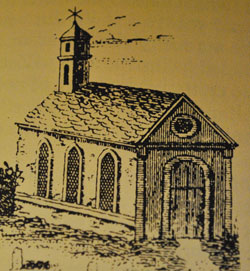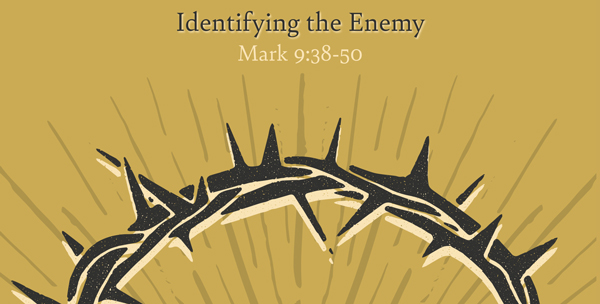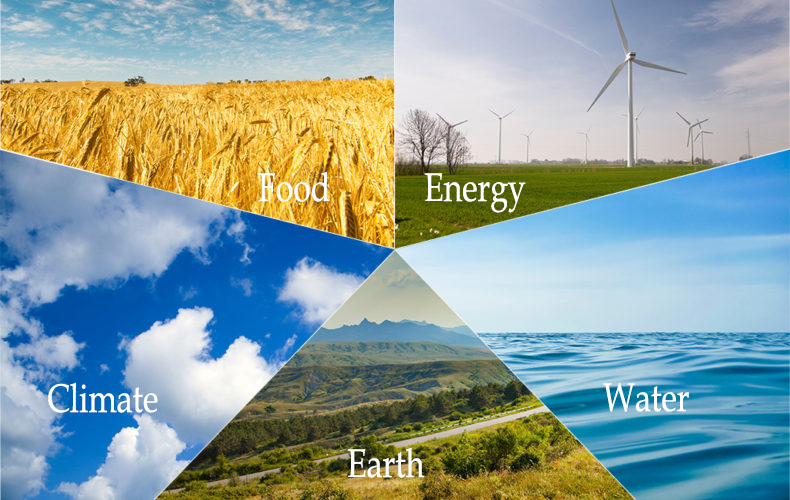
There were certain rites of passage marked by colonial churches—birth, initiation, marriage, and death for the great majority of its white population and to lesser and varying extents for non-adherents and African Americans as well. We will look at the first one this week – baptism.
The current 1979 prayer defines baptism – “Holy Baptism is full initiation by water and the Holy Spirit into Christ’s Body the Church.” That part has not changed over time.
Today baptism can run the gamut from children to adults, but in the colonial period, infant baptism was the norm, generally 1-3 months after birth. The difference with today is that recorded baptisms were close to actual recorded births, and since there were no bishops the priest baptized. Those baptized were close to recorded births since all were considered to part of the Anglican Church
The fullest and most remarkable of baptismal registers is that of Albemarle Parish (Sussex) during the ministry of William Willie. Parson Willie baptized 4,958 persons between 1740 and 1775, 4,112 whites and 846 blacks, averaging 138 baptisms annually. In the 1760s the annual average reached 166 baptisms. These figures represent 99 percent of white and 48 percent of black births recorded in the period.
There were two baptism services in the 1662 prayer, one for public and private. A significant number in the upper classes were baptized in the home and there is evidence they made an occasion for it. In diaries and journals, the word “christened” is used in conjunction with baptism.
This was not the prevalent practice based on the number of baptisms recorded on Sundays, accounting for 80% or more. The 1662 prayer book also carried a warning concerning private baptismal services.
Virginians observed both in home and church settings the Prayer Book requirement for godparents—two godfathers and a godmother for a male infant and two godmothers and a godfather for a female — to serve as "sureties" by acknowledging on behalf of the infant the articles of faith and promising to lead a godly life. Today we only require “one or more baptized persons” to act in that capacity.
The emphaisis on the service then was on original sin—Adam’s fall— was removed and the baptized person was received as a member of Christ’s Church: "forasmuch as all men are conceived and born in sin, and that our Saviour Christ sayth, none can enter into the Kingdom, of God except he be regenerate, and born anew of water and of the holy Ghost.”
The scripture language provided more examples of the use of water than today as a powerful but ambiguous symbol. As ocean, river, flood, or waves it represented an environment hostile to human activity, an unstable, ever changing, ever threatening, and often life-destroying force. The 1662 prayer book mentioned the example of Noah’s Ark and the flood. But it was also the element essential to life and the agent of cleansing and purifying. The liturgy of the prayerbook at the time called in remembrance of Moses’ part¬ing of the Red Sea water in the exodus from Egypt, and the baptism of Jesus by John, all associating water with God’s providence.
While both services are about “incorporating the Child into the body of Christ or the reception into the Church community, there is less emphasis on the original sin aspect and more about the role of community today. In the service as a community we “do all in your power to support these persons in their life in Christ. Thus, the idea of private baptisms has fallen out of favor. The direction of the minister then was to exhort the godfathers and godmothers to keep the child in the right direction.
Some similar ideas still remain in both services. In today’s service the baptized renounces “Satan and all the spiritual forces of wickedness that rebel against God” which is similar to that of 1662. In the actual baptism there is the “forgiveness of sin” and raising “ them to the new life of grace."
There is a section in the colonial service then where the baptismal covenant (Apostle’s Creed) was renewed. However, only those who support the infant said the creed and not the congregation as with today’s service.
Today’s service is more on continuing requirements of parishioners– “proclaim by word and example the Good News of God in Christ”, seek and serve Christ in all persons” and “strive for justice and peace among all people."
The requirement for parents were more specific then – call upon the child to hear sermons and the Creed, the Lord’s Prayer and the Ten Commandments. The last part of the service hinted that once these are known then the child is ready for initiation or what we call confirmation.
Today it is more general language – “Will you be responsible for seeing that the child you present is brought up in the Christian faith and life… Will you by your prayers and witness help this child to grow into the full stature of Christ”
Thus while the intent of the service was the same – forgiveness of sin and incorporation into the church, the emphais in the colonial period was the former. As the service started “Dearly beloved, all men are conceived and born in sin."



 From the
From the 

 We have taken the five Sundays readings in the Season of Creation and highlighted a specific environmental area which we will cover weekly. (This week, earth; ) How is this area affecting us ? What can we do to improve our use of them ? We have added related scriptures.
We have taken the five Sundays readings in the Season of Creation and highlighted a specific environmental area which we will cover weekly. (This week, earth; ) How is this area affecting us ? What can we do to improve our use of them ? We have added related scriptures.


 Washington Post, Sept 13, 2024
Washington Post, Sept 13, 2024